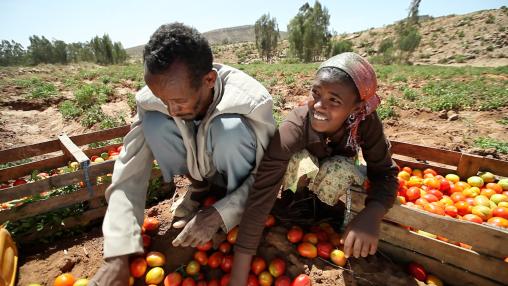
The Hidden Middle: How SMEs Are Driving Value Chain Transformation in SSA
Debate around how to increase production and consumption of nutrient-dense foods like fruits and vegetables and animal products in Africa south of the Sahara has long centered on overcoming constraints such as high cost. According to a new IFPRI working paper, however, this focus may ignore how grassroots efforts, particularly among small and medium-sized enterprises (SMEs) and midstream value chain actors, are in fact driving substantial growth in both supply of and demand for these more nutritious foods.
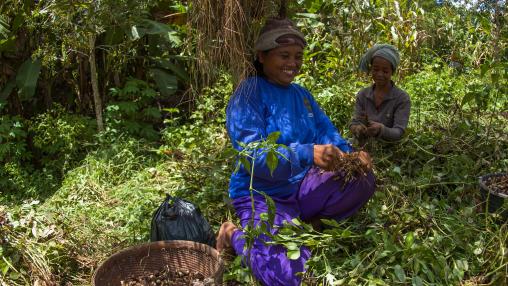
Climate-Smart Agriculture in West Africa
The challenges of climate change and food security are closely intertwined, with agriculture both driving and being impacted by extreme weather events. Policymakers around the globe are faced with the need to increase food production to feed growing populations while reducing that production’s negative impacts on the environment. According to a recent article in Global Environmental Change, climate-smart agriculture (CSA) provides an effective way to enhance countries’ climate resilience while simultaneously ensuring food and nutrition security.
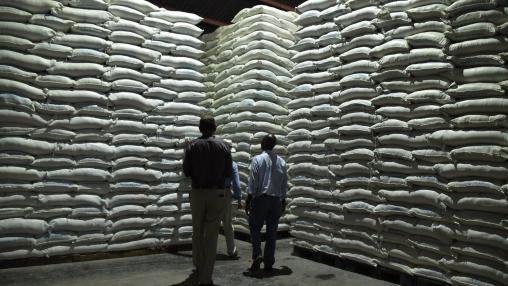
The Ukraine-Russia Crisis and SSA: New Ebook Provides a Look Back and Forward
Africa south of the Sahara has been, and will continue to be, particularly hard hit by the impacts of the Russia-Ukraine conflict on global food and fuel prices, according to a new ebook from IFPRI. The book, based on IFPRI’s Ukraine blog and research brief series, provides a regional and country-level overview of the impacts of the ongoing crisis on SSA. It also concludes with policy recommendations and lessons learned to help the region, and the world, better respond to future food system shocks.
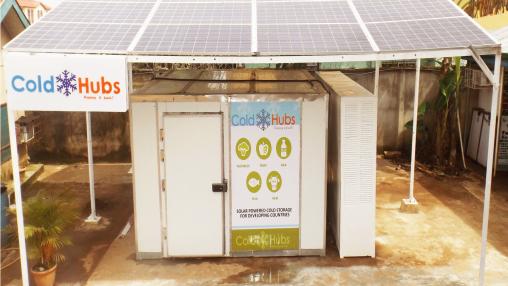
Solar-Powered Cold Storage Technologies and Agrifood System Modernization: Evidence from Nigeria
Food loss and food waste continue to pose a serious challenge for sustainable agricultural growth and food and nutrition security around the world. In many developing countries, lack of modern storage and transportation infrastructure plays a large role in food loss and waste, particularly for more nutritious and profitable but perishable foods like fruits and vegetables.
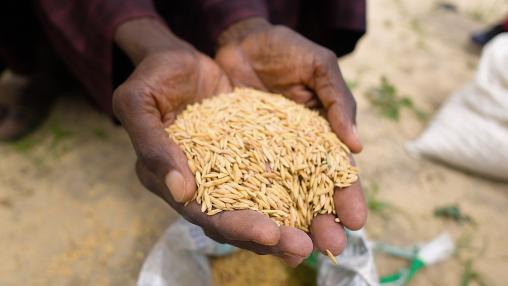
How to achieve food system transformation to prevent future food crises
With multiple crises plaguing food systems across the globe, Africa south of the Sahara remains particularly hard hit. As a result, policymakers and development partners in the region are faced with the need to balance sometimes conflicting priorities: ending hunger and reducing poverty, making diets healthier and more affordable, improving the productivity and livelihoods of smallholder households, and adapting to and mitigating the impacts of climate change.
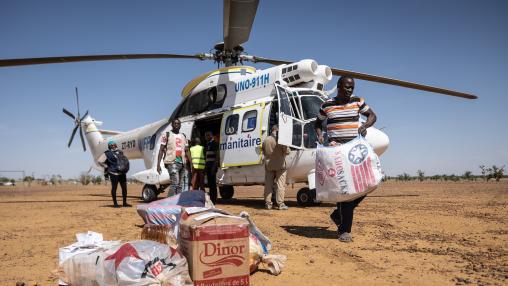
Households in Northern Burkina Faso Facing Risk of Famine
An estimated 360,000 people in northern Burkina Faso are suffering extreme and worsening food insecurity and malnutrition, according to a recent alert from FEWS Net. While the risk of famine (IPC Phase 5) in the region is not a foregone conclusion, FEWS Net has determined that such a risk is possible through September 2023.
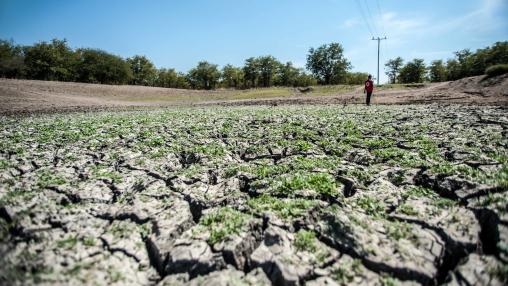
Acute Food Insecurity Rampant in Africa South of the Sahara: GRFC Released
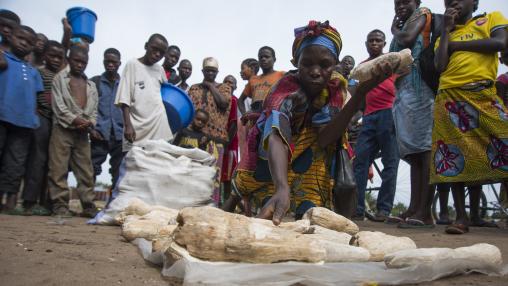
Acute Hunger Continues to Rise in Africa South of the Sahara: 2023 Global Food Policy Report Released
In Africa south of the Sahara, the share of the population facing food insecurity is more than double that of any other region in the world, according to IFPRI’s 2023 Global Food Policy Report: Rethinking Food Crises Responses. Approximately 282 million people in Africa south of the Sahara, or around 20 percent of the population, were undernourished and food-insecure in 2021.
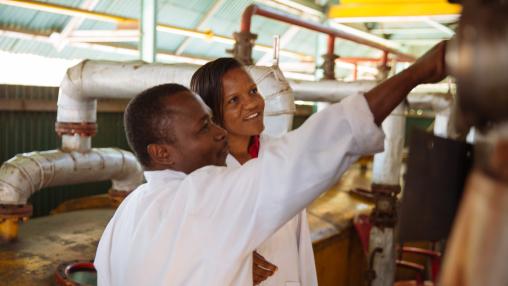
Potentials and Pitfalls in Africa's Agrifood Processing Sector
The sustainable transformation of Africa’s agrifood processing system has been increasingly recognized as crucial to ensuring the region’s food security, reducing poverty rates, and supporting economic development. The ReSAKSS 2022 Annual Trends and Outlook Report (ATOR) takes an in-depth look at the status of the system, as well as the major challenges threatening further development and policies that can support sustainable growth in Africa’s agrifood sector.
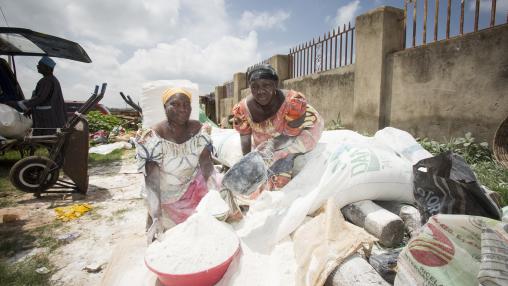
The Russia-Ukraine crisis presents threats to Nigeria’s food security, but potential opportunities for the fertilizer, energy sectors
The current rise in global market prices for major food commodities almost mirrors that of the 2008 food crisis, presenting a worldwide threat to food security. The situation is particularly severe in Africa, where the COVID-19 pandemic and now the Russia-Ukraine crisis have exposed the vulnerability of food systems to major shocks, particularly in countries like Nigeria that rely heavily on imports of major staple foods such as rice and wheat.